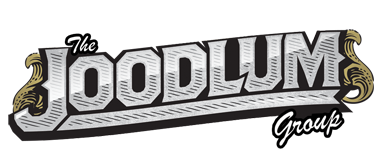Take a close look at that restaurant menu. Do the words seem particularly long? Instead of using a term like “sides,” does the restaurant call these dishes “accompaniments” or “complements”? Does the place prefer the word “decaffeinated” instead of the abbreviated form “decaf?” If so, prepare to open your wallet, warns Dan Jurafsky, professor of linguistics and computer science at Stanford University. Longer words on the menu, he has discovered, are associated with higher prices for your meal.
“Every increase of one letter in the average length of words describing a dish is associated with an increase of 18 cents in the price of that dish!” Jurafsky writes in his new book, “The Language of Food: A Linguist Reads the Menu,” to be published in September.
Jurafsky conducted a study with Carnegie Mellon researchers Victor Chahuneau, Noah Smith and Bryan Routledge, looking at 6,500 menus offering 650,000 dishes at restaurants across the price spectrum — expensive ($$$$) to cheap ($) — in seven major cities.
Among the longer words frequently popping up on the menus of expensive restaurants: “traditionally,” “specifications,” “overflowing,” “exquisitely.” Watch out for references to “exotic” or “spicy” dishes. “Our study found that every use of the word ‘exotic’ or ‘spices’ raises the price of a dish,” the author writes. “That ‘exotifying’ or orientalist stance is . . . directed at the nonnative eaters, food tourists like me who want something different and, fair is fair, get charged more for it.”

